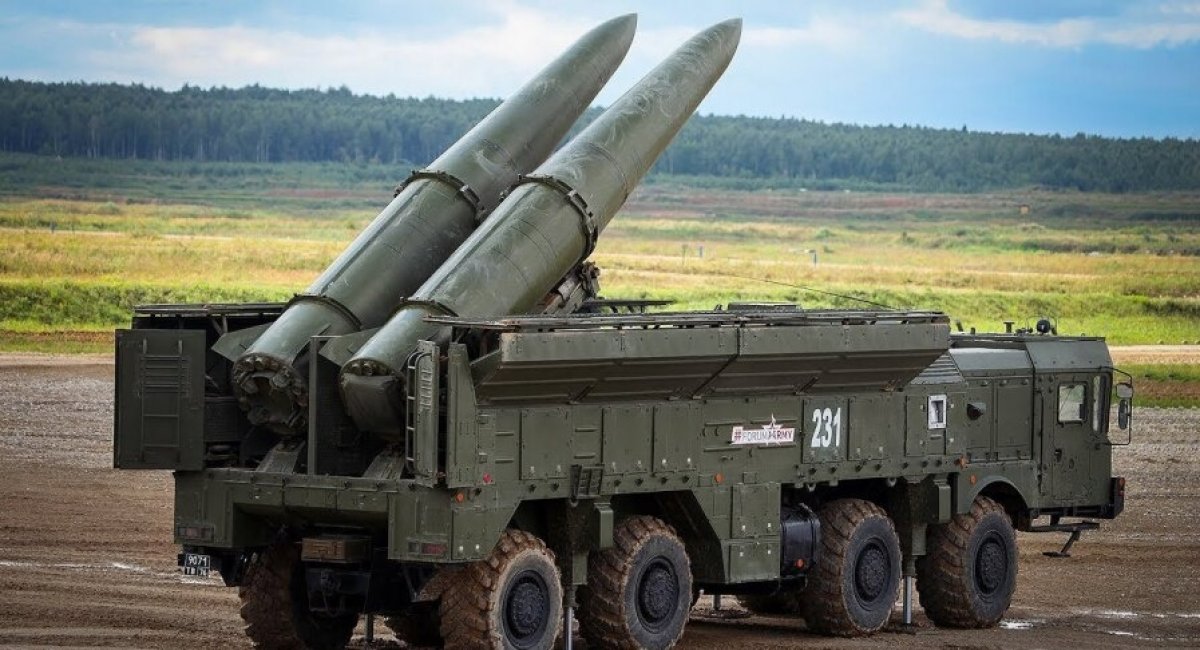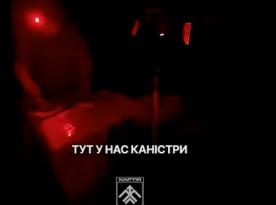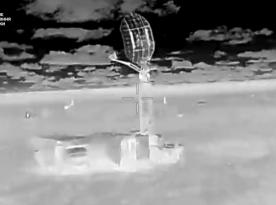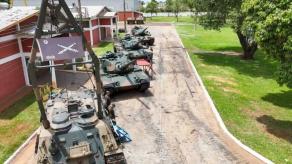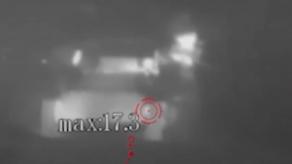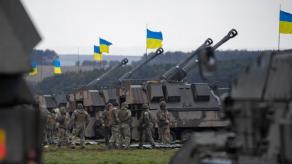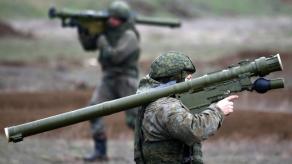As putin told state broadcaster Russia 1, Moscow will complete the construction of a special storage facility for tactical nuclear weapons in Belarus by the beginning of July, 2023.
He said Moscow had already transferred an Iskander short-range missile system, a device which can be fitted with nuclear or conventional warheads, to Belarus.
Read more: What to Consider When Moscow Starts Another ‘Nuclear Blackmail’
During the interview, putin said Russia had helped Belarus convert 10 aircraft to make them capable of carrying tactical nuclear warheads and would start training pilots to fly the re-configured planes early next month.
Josep Borrell, High Representative of the European Union for Foreign Affairs and Security Policy, sees the possible deployment of Russian tactical nuclear weapons in Belarus as a threat to European security.
Borrell stressed that in any case, the EU is ready to respond to the escalation with further sanctions.
#Belarus hosting Russian nuclear weapons would mean an irresponsible escalation & threat to European security. Belarus can still stop it, it is their choice.The EU stands ready to respond with further sanctions.— Josep Borrell Fontelles (@JosepBorrellF) March 26, 2023
At the same time NATO called putin's rhetoric “dangerous and irresponsible”.
"NATO is vigilant, and we are closely monitoring the situation. We have not seen any changes in Russia's nuclear posture that would lead us to adjust our own," a NATO spokesperson said.
"Russia's reference to NATO's nuclear sharing is totally misleading. NATO allies act with full respect of their international commitments. Russia has consistently broken its arms control commitments, most recently suspending its participation in the New START Treaty."
A top security adviser to Ukrainian President Volodymyr Zelenskyy said on Sunday that Russia's plan announced on Saturday would destabilize Belarus, which he said had been taken "hostage" by Moscow.
Ukraine's government on Sunday called for an emergency meeting of the UN Security Council to "counter the Kremlin's nuclear blackmail."
Read more: Russia to Continue Nuclear Blackmailing, Strategic Forces Are On the 24-Hour Readiness – Ukraine’s Intelligence




